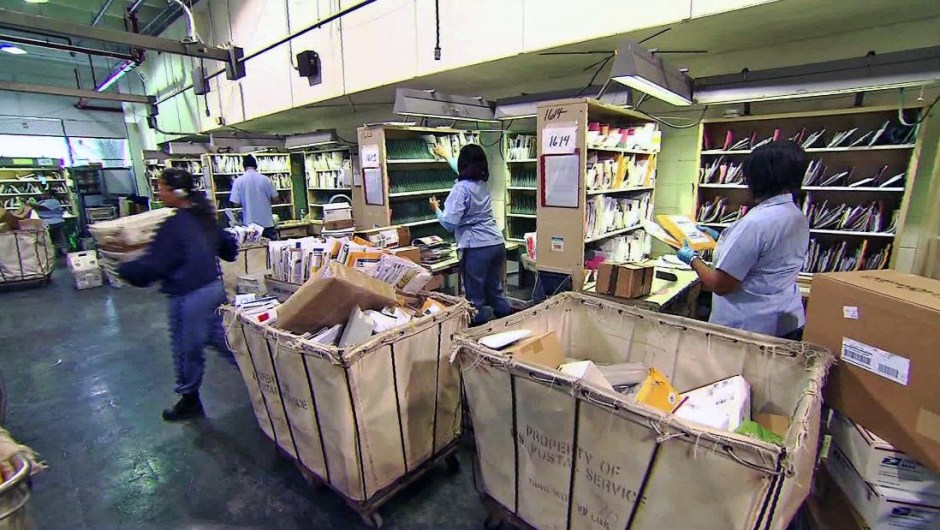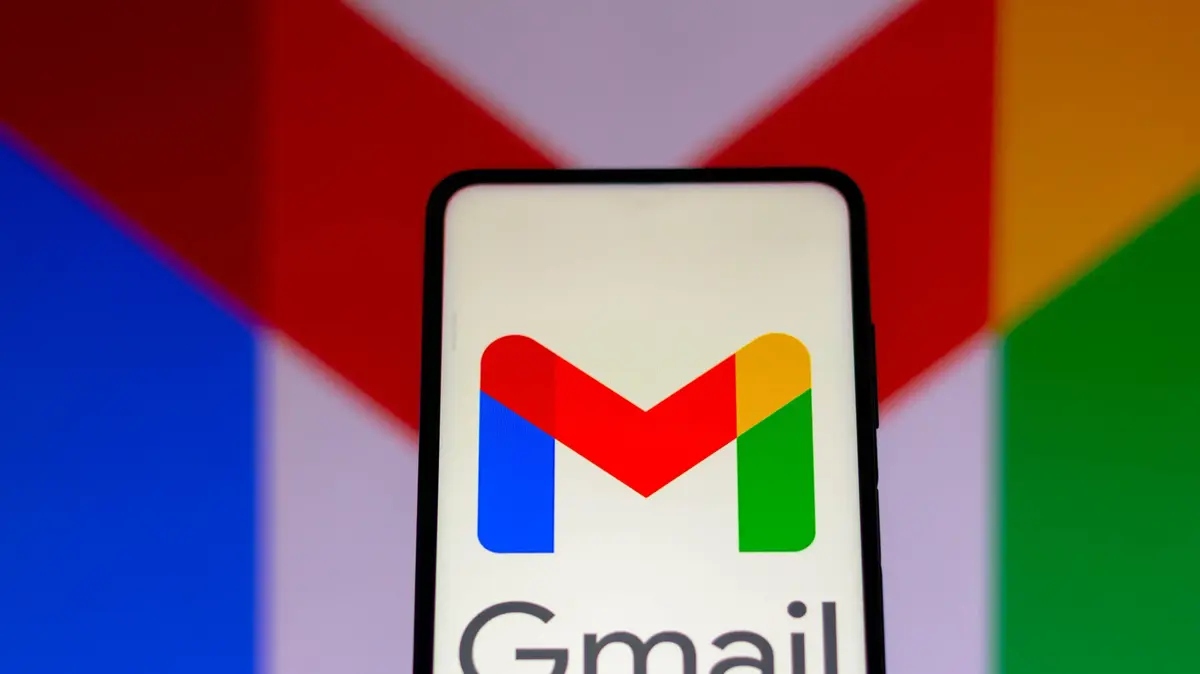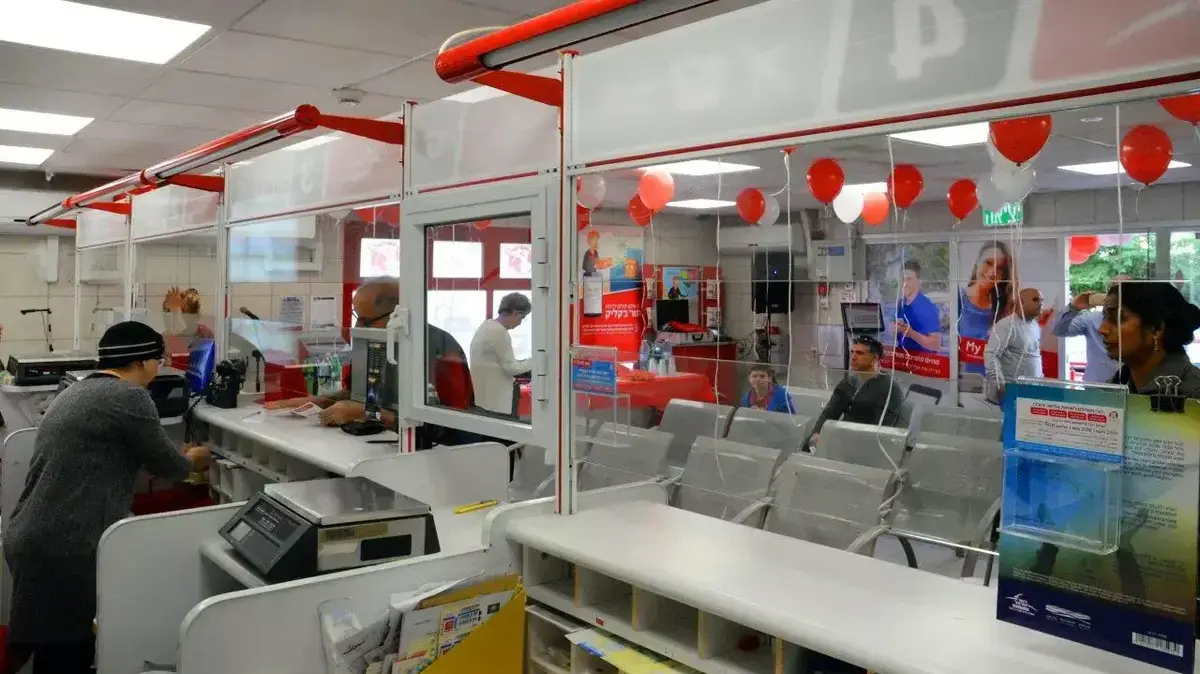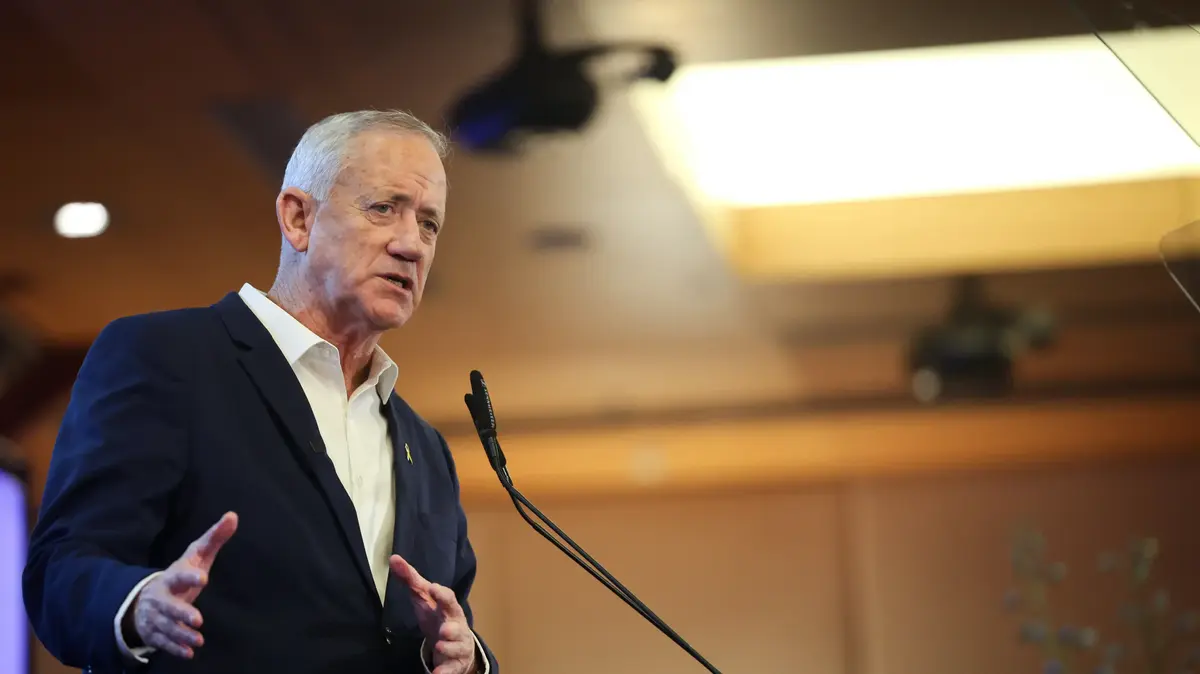Editor's Note: Rachael Scarborough King is Associate Professor of English at the University of California, Santa Barbara. She is the author of »Writing to the World: Letters and the Origins of Modern Print Genres». The opinions expressed here are yours. Read more opinion at cnne.com/opinion
(CNN) - Even in an era of constant outrage, President Donald Trump's recent attacks on the United States Postal Service have touched a nerve. Beyond Trump's transparent attempt to suppress his opponent's votes, why does undermining the agency feel like a violation of democratic norms?
The value of the Postal Service (USPS) remains one of our few areas of bipartisan agreement. A March poll by the Pew Research Center ranked the USPS as the most popular federal agency, with 91% of respondents voting favorably. The poll showed nearly identical support for the agency among Republicans and Democrats.
The USPS is not just a service, but a symbol of a working society. Attacking him seems outrageous to us because a trustworthy position has been a prerequisite for some of the defining traits of modern democracy.
In Britain and the United States, over the past 400 years, the expansion of government postal systems has gone hand in hand with the rise of democratic ideals such as freedom of the press, the right of the average citizen to participate in the public sphere, and the importance of fair and accessible communications. In fact, we could say that these ideals can only be realized because people can rely on the mail to connect in a society in the process of modernization and globalization.
- MORE: OPINION | Mail is more than a service, it is a symbol of a society in operation
Before the invention of long-distance communication technologies such as the telegraph, television, and the Internet, equal ability to send and receive mail, a principle that solidified between the 17th and 20th centuries, allowed people to see themselves. same as connected to issues through the circulation of letters, newspapers and brochures.
One of the first centralized mail systems was the English state mail, which initially operated the colonial system and later provided a model for that of the United States. In 1660, the Post Office Charter opened the government-run system, which had previously relied on private couriers, to the public. This was a major change, establishing the position as a basic government service, but the system was slow and expensive.
Throughout the 18th century, the route network was completed and the invention of the delivery of mail by carts sped up delivery times. In 1840, a major reform of the system standardized the cost of letters to a penny and introduced innovations such as stamps and envelopes, making the system fair and accessible. Similar reforms were passed in the United States in the 1840s and 1850s.
In colonial America, the postal service was part of the imperial system operating out of the London General Post Office. One of the first targets of the revolutionaries was the British Post, which routinely monitored letters, and the Boston Correspondence Committee proposed in 1774 to replace the existing system with a "new American Post Office."
The imperial post disappeared in 1775 and Benjamin Franklin, who had been deputy general manager of the post office in the old system, was appointed the first postmaster general of the new American system. At the beginning of the war, a functioning post was a military priority.
- LOOK: Postal Service reverses changes while 20 states sue for possible delays before elections
These origins helped make the post office a symbol of the new nation. The Post Office Law of 1792 emphasized its public role, establishing low rates for the mailing of newspapers, which were subsidized by more expensive letters. In both Britain and the United States, free or reduced postage for newspapers took root in the notion that the circulation of news was one of the most important functions of the post.
Contrary to what we might expect, there was little local news in person in the 17th and 18th centuries. Instead, the editors compiled short paragraphs summarizing the letters they had received from their "foreign correspondents." British newspapers often blamed the lack of interesting news on the westerly winds that delay ships crossing the English Channel and American newspapers highlighted the London dates.
At the other end of production, the news also reached readers through the mail. The British printing industry was consolidated in London, which meant that provincial readers had to rely on the post to receive newspapers. Similarly, in colonial America and the early United States, people often received their newspapers with their mail. Newspaper printers secured positions as local postal administrators to have access to incoming news and to ensure that their own newspapers traveled freely.
In addition to circulating the news, the postal system helped more people get involved in politics and other public affairs. Early newspapers and magazines, such as the influential "Tatler" and "Spectator," solicited comments from readers, and the latter provided a postal address for "all articles that may contribute to the advancement of the public welfare." These early letters to the editor helped develop the idea that average people should comment on politics and culture, and that their views could be as newsworthy as those of government officials and professional critics. The growth of the public sphere was based on the circulation of information to readers who could then respond with their own comments.
In some ways, postal services were even available to the illiterate, who could dictate their letters to a transcriber. The 18th-century novelist Samuel Richardson, author of the groundbreaking epistolary novels "Pamela" and "Clarissa," attributed his "knowledge of the female heart" to his early work as this type of scribe.
- MORE: Democrats Question Postal Service Changes That Would Affect Voting By Mail In The US
The principle of equal access to the mail — the fact that a letter to or from anywhere in the country costs $ 0.55 — has made the postal system an icon of equality in a broader sense. In the 20th century, the USPS was a stable source of employment for black workers and a source of black activism through their unions. Black postal workers were a link between organizing efforts and the Civil Rights Movement, with many mail carriers active in the NAACP.
Today, the agency could also offer more services to further combat discrimination. For example, activists are calling for postal banking, which existed in the early 20th century, to serve unbanked Black and Latino communities.
Of course, like any American institution, the postal service has perpetuated structural racism. In 1802, Congress prohibited blacks from carrying the mail in part out of fear that access to the information would increase the likelihood of slave uprisings. Under President Woodrow Wilson, black and white postal employees were segregated, and during the first half of the 20th century, discrimination kept black postal employees out of supervisory positions. But today, minorities make up about 40% of the USPS workforce.
For Americans, the postal service symbolizes the connection across vast distances that allows us to imagine a unified nation even when we are geographically, culturally, and politically separated. Politicizing the service and sabotaging it for electoral gains is shocking even in our polarized time.
By joining together to fund the agency and protect it from Trump interference, Congress could carry out a truly bipartisan initiative that would continue the long history of the postal system as a precondition for democracy. Going further, Congress must end the 2006 Republican authors' mandate, imposed on no other federal agency or private company, that the USPS pre-fund the early health and retirement benefits of its retirees for decades, a measure that has the intent to financially hamper the agency. The House passed a bill in February to end this rule.
Trump's attacks have shown that we value the USPS for more than its daily delivery of letters and packages, and we must reaffirm its central role in establishing democratic ideals.
United States Postal Service









